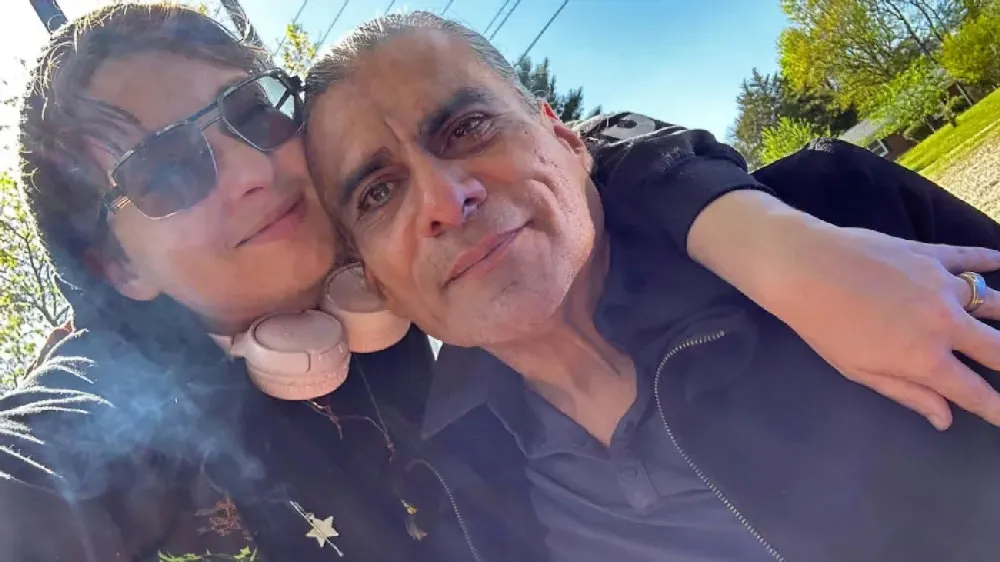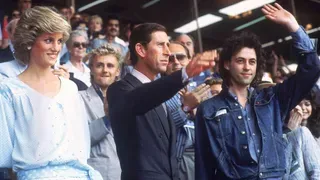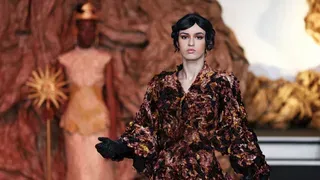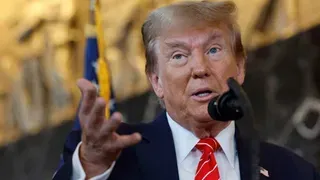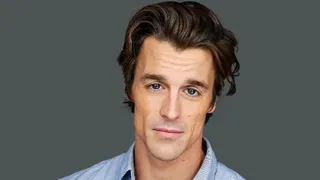March 17, 2021
What Does Queer Mean to Anderson Cooper?
Kevin Schattenkirk READ TIME: 2 MIN.
In response to a viewer question, Anderson Cooper discussed what the word "queer" means to him during the "Ask Anderson Anything" segment of his show "Full Circle."
Christian Anderson, from Las Vegas, Nevada, shared his story and asked:
"Good morning, Anderson. I came out after my discharge from the military in 1971. For the next 25 years, I lived in San Francisco, which was the heart of the gay rights movement in the 70s, 80s and 90s. I vividly recall friends were harassed, insulted, denied employment, and attacked simply because they were gay. In one instance, a good friend of mine was actually murdered. One of the last things they remembered hearing was being called the word 'queer.' Today, many in the community happily use the word queer as an umbrella term for all LGBTQ Americans and, quite honestly, when I hear the term today it feels like a punch in the gut. It's just... I've tried to embrace the term, but it's just so hard for me. My question to you is, how do you feel about this term, and do you think it has either helped or hurt our community? Thanks."
After thanking Christian Anderson for both his service in the military and his story of living in San Francisco during a pivotal time in for the LGBTQ community, Cooper acknowledges the trauma associated with the term "queer" for many older LGBTQ people – "being scared by it, and attacked by it." Cooper goes on to explain that for his generation, "queer" was replaced with "the f-word" – as in, "fag" – "that's used to describe gay people as a slur sometimes."
Cooper added, "And I certainly can understand the sort of visceral, even to this day, reaction you would have to hearing the word 'queer.'"
The CNN anchor explains that he's not attempting to speak on behalf of anyone other than himself, and that his understanding of the word "queer" has since come to be reclaimed as a source of empowerment for younger LGBTQ people "in sort of a proud and defiant way, and sort of taking the language of your oppressor and turning it on them, and embracing it... I think there's great power in that."
"Every generation react to history differently. And every generation thinks of... ways that they can define themselves, and using something that was used against them for so long and sort of claiming it, it's the same that other groups have done with words that were used as slurs against them.
Cooper does contend that many LGBTQ people who have embraced the term "queer" defiantly and proudly, "I think a lot of people who use the word do know how it has traditionally been used, and are using it intentionally... to use it with full knowledge of how it was used in the past" in order to "take it back" from oppressors.
Cooper acknowledges the concerns and experiences of older LGBTQ people and reiterates the importance of continuous cultural discourse, saying, "I especially think it's important for younger gay people to understand gay history. It's not something... taught it schools, it's not something you're going to see in a lot of school books."
Watch the video here.
Kevin Schattenkirk is an ethnomusicologist and pop music aficionado.
